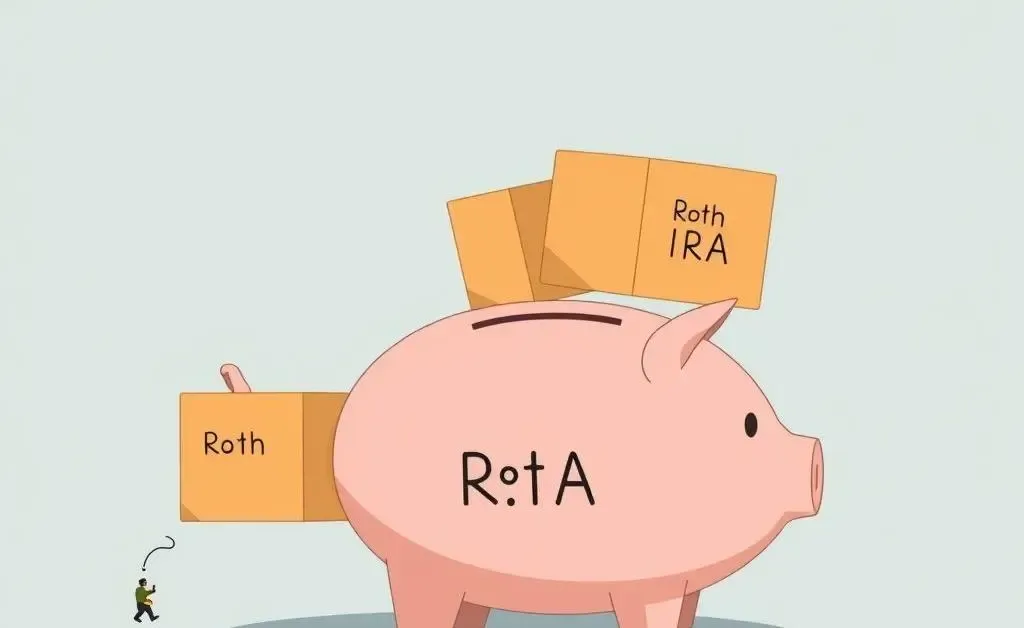Understanding Roth IRA: Tax Implications of Moving Investments
Unpack tax rules on moving investments within your Roth IRA.

Ever found yourself staring at your Roth IRA statement and wondering, "If I move my investments around, will I end up with a surprise tax bill?" You're not alone. Many folks dive into the world of Roth IRAs expecting it to be as simple as setting it and forgetting it. But as they say, knowledge is power.
Let's dig into the tax implications of moving your investments within a Roth IRA, enveloped in a warm, friendly chat—no suit and tie required!
How a Roth IRA Works
Before we talk taxes, let's take a step back. A Roth IRA is a type of retirement account where you contribute after-tax dollars. The magic? Your money grows tax-free, and withdrawals during retirement are also tax-free, provided you follow the rules. In other words, it's a tax haven for your retirement savings.
Moving Investments: The Breakdown
When you shift investments within your Roth IRA, such as selling some stocks to buy other ones, many worry about sudden tax liabilities. Here's the truth:
- Any trades you conduct within the account don't result in taxable events.
- You can buy and sell to your heart’s content without worrying about Uncle Sam (as long as the money stays in the Roth IRA).
- In contrast to taxable accounts, you won't have to deal with capital gains taxes.
Bob, a fictional but altogether relatable investor, had his lightbulb moment soon after he started questioning his spider-webbed investment list. He decided he wanted to pivot away from individual stocks toward index funds. This move was motivated by the endless chatter about diversification.
Considerations Before You Take the Plunge
Even though shuffling investments doesn't trigger taxes, constant buying and selling inside your Roth IRA isn't always best for long-term goals. Remember: investing in a retirement account is like slow-cooking your financial stew—you don't want to lift the lid too often.
Additionally, transaction fees may apply, so overtrading can chip away at your returns, even in a tax-sheltered account.
What If I Have to Withdraw?
Should you need to take money out early for emergencies, portions of your withdrawal could be subject to taxes or penalties. Make sure to know and understand the IRS rules before you make an early haul.
Wrapping It Up: What's Your Next Move?
Understanding the tax implications within your Roth IRA gives you the empowerment and confidence to make informed decisions. Now that you're equipped with this knowledge, go forth and conquer the investment world with clarity!
So, how do you plan to manage or move your investments within your Roth IRA? Are there any strategies you're particularly curious about or planning to explore? Let's chat!




